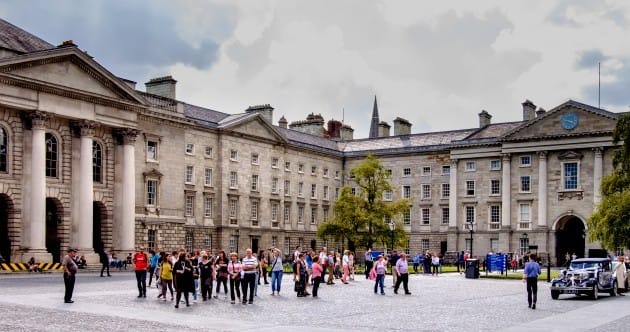Professors in Irish universities can now be paid up to €337,000 a year, following special government approval
By contrast, the staffs who actually keep universities going have to survive on low salaries. An executive assistant at the UCD President’s office can be recruited on €23,915 and will not get beyond €38,716 at the top of their scale. And while academics enjoy the possibility of promotion, administrative staff at the college are denied this possibility.
The obscene salaries will be paid to those engaged in areas of commercial research which benefit the big multi-nationals. A salary of over €250,000 is already being paid to a professor in NUIG whose research is linked to medical devices. It is not a co-incidence that Galway is also the location of a number of corporations engaged in the production of these devices.
The high salaries are an insult to other staff in universities whose wages have long been constrained by social partnership agreements. They are a particular insult to staff that joined after 2011. These are on lower salary scales –even though they do the same work as those who joined before 2011.
The lure of big money is distorting scientific research. It is linked to a strategy whereby research is subordinated to the immediate drive for profit from big pharmaceutical and medical device companies.
If there is no profit in areas of medicine which do not lead to the production of a pill or a medical device, funding for research is not available
Big money for professors is also linked to greater exploitation of contract research staff that does the actual work – while the well paid Principal Investigator takes the credit.
Instead of paying over the top salaries to professors, the state should be putting proper resources into developing a genuine research culture where new ideas emerge from people working together.
The focus on commercialising research has led to a situation whereby results are not shared and there is less collaboration than before. In the US, for example, only 17% of experimental biologists now discuss their research with other as each rushes to be the first to get intellectual property rights,.
We need a science that is driven by the need to serve people – and not profit. We need a scientific culture that re-focuses on shared team work – rather than big money.
As the great scientist Einstein put it, ‘Money only appeals to selfishness and always tempts its owners irresistibly to abuse it’.
